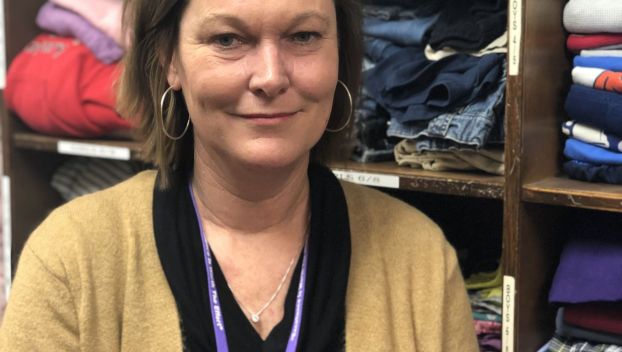News
County schools expands family resource centers
A boost in state funding means Warren County Public Schools will be able to open family resource and ... Read more
A boost in state funding means Warren County Public Schools will be able to open family resource and ... Read more
As Kentucky encounters untold numbers of students going undiagnosed with dyslexia, a pre-filed bill from state Rep. John ... Read more

Every school day, family resource center director Sale Hightower has to think on her feet as she helps ... Read more
The Cave City Police Department and Cash Express in Horse Cave are orchestrating a toy drive that concludes ... Read more